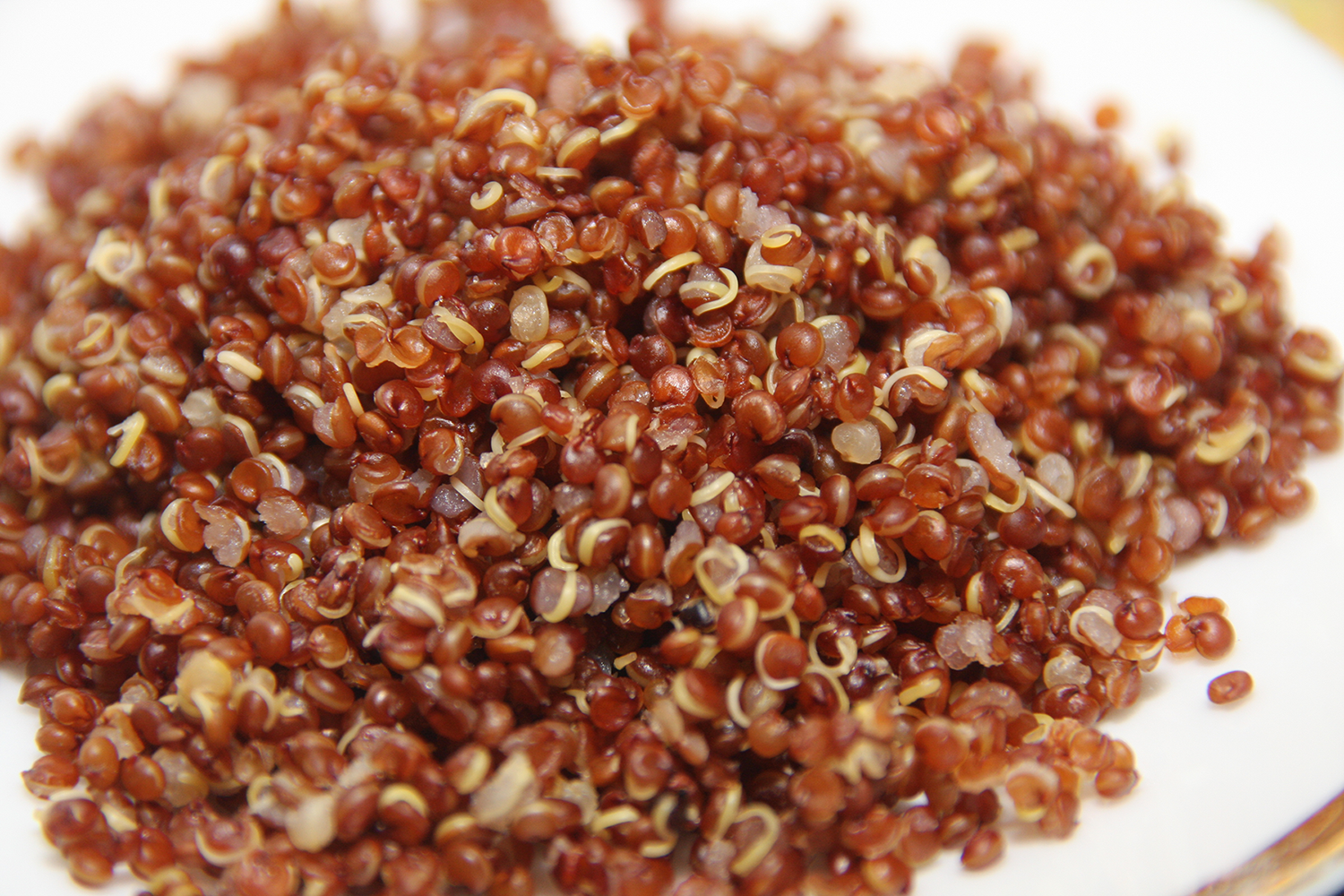Magnesium is a frequently overlooked mineral and it can be beneficial when we are feeling fatigued, depressed, or have other ailments.
This is a shame since 68-75% of us are deficient and it is critical to over 300 bodily functions. Yes, you read right, 300 functions! And a lot of them impact our energy level! Supplements are not the best way to get your magnesium since this beauty of a mineral is best utilized by the body if it is absorbed throughout the day instead of once a day. The fantastic news is that it is easy to get enough magnesium in your diet! There are many foods that have magnesium and can provide you with your daily requirement. Whole grains like quinoa, nuts, fruits, dark leafy vegetables are good sources to add into your diet. Plus they are loaded with fiber and other nutrients too.
Magnesium Facts
Some magnesium facts are: Magnesium is essential for over 300 body functions, most of which give you energy. Are you feeling fatigued?
Research on red blood cells has shown that lower levels of magnesium can make the cells more fragile. Red blood cells are vital for increasing your energy levels because they deliver needed oxygen to tissues.
Studies show that 68 to 75% of adults are magnesium deficient. Considering the importance of this mineral, this is alarming that it is frequently overlooked. Magnesium and calcium work together. Too much calcium and you can develop symptoms such as arthritis or kidney stones.
Research has also suggested that B vitamins (especially vitamin B6) promote the absorption of magnesium in the tummy. These magnesium facts made me think twice about what a simple thing it is to help myself and my family be more healthy!
Symptoms of Magnesium Deficiency
Magnesium facts regarding symptoms of magnesium deficiency may include:
Anxiety and Panic attacks
Bladder Spasms and cystitis
Blood Clots
Body Cramps
Chronic neck and back pain
Confusion
Depression
Diabetes (Type 2)
Difficulty swallowing
Dizziness
Fatigue
Fibromyalgia
Heart Disease
High blood pressure
Hypoglycemia
Insomnia
Kidney stones
Migraine
Muscle spasms
PMS and irregular periods
Poor memory
Potassium Deficiency
Osteoporosis
Respiratory issues
Restless leg syndrome
Tooth decay
Tremors
Weakness
These conditions may be improved with adequate magnesium absorption.
Benefits of Magnesium

Depression – Inadequate magnesium appears to reduce serotonin levels and antidepressants have been shown to raise brain magnesium. A 2008 study found that magnesium was as effective as the tricyclic antidepressants in treating depression.
Diabetes – People who have type 2 diabetes often have low levels of magnesium in the blood. A large clinical study of over 2,000 people found that getting more magnesium in the diet may help protect against developing type 2 diabetes. Some studies suggest that taking magnesium supplements may help blood sugar control and insulin sensitivity in people with diabetes or pre-diabetes.
Fibromyalgia – A small preliminary clinical study of 24 people with fibromyalgia found that a tablet containing malic acid and magnesium improved pain and tenderness associated with fibromyalgia when taken for at least 2 months. Other studies suggest the combination of calcium and magnesium may be helpful for some people with fibromyalgia.
Noise related hearing loss – One study suggests that taking magnesium may prevent temporary or permanent hearing loss due to very loud noise.
Arrhythmia and heart failure – Magnesium is essential to heart health. Studies suggest a possible association between a modestly lower risk of CHD in men and increased magnesium intake. In one study of women, higher dietary intakes of magnesium were associated with a lower risk of sudden cardiac death. Magnesium helps maintain a normal heart rhythm. People with congestive heart failure (CHF) are often at risk for developing cardiac arrhythmia. For this reason, your doctor may decide that magnesium should be a part of the treatment of CHF.
High blood pressure – Eating lots of fruits and vegetables on a regular basis, is associated with lower blood pressure. All of these foods are rich in magnesium, as well as calcium and potassium. A large clinical study of more than 8,500 women found that a higher intake of dietary magnesium may decrease the risk of high blood pressure in women.
Migraine headache
A few studies suggest that taking magnesium supplements may help prevent migraine headaches. In addition, a few clinical studies suggest that magnesium supplements may shorten the duration of a migraine and reduce the amount of medication needed. People who have migraine headaches tend to have lower levels of magnesium.
Osteoporosis – Not getting enough calcium, vitamin D, magnesium, and other micronutrients may play a role in the development of osteoporosis. To prevent osteoporosis, it is important to get enough calcium, magnesium, and vitamin D; to eat a well balanced diet; and to do weight bearing exercises throughout life.
Premenstrual syndrome (PMS) – Scientific studies suggest that magnesium supplements may help relieve symptoms associated with PMS, particularly bloating, insomnia, leg swelling, weight gain, and breast tenderness. One study suggests that a combination of magnesium and vitamin B6 may work better than either one alone.
Magnesium Oil
Magnesium oil is often used externally for pain associated with muscle pain from injury or in conditions such as fibromyalgia.
Rhonda
Resources:
University of Maryland Medical Center
www.naturalsociety.com



